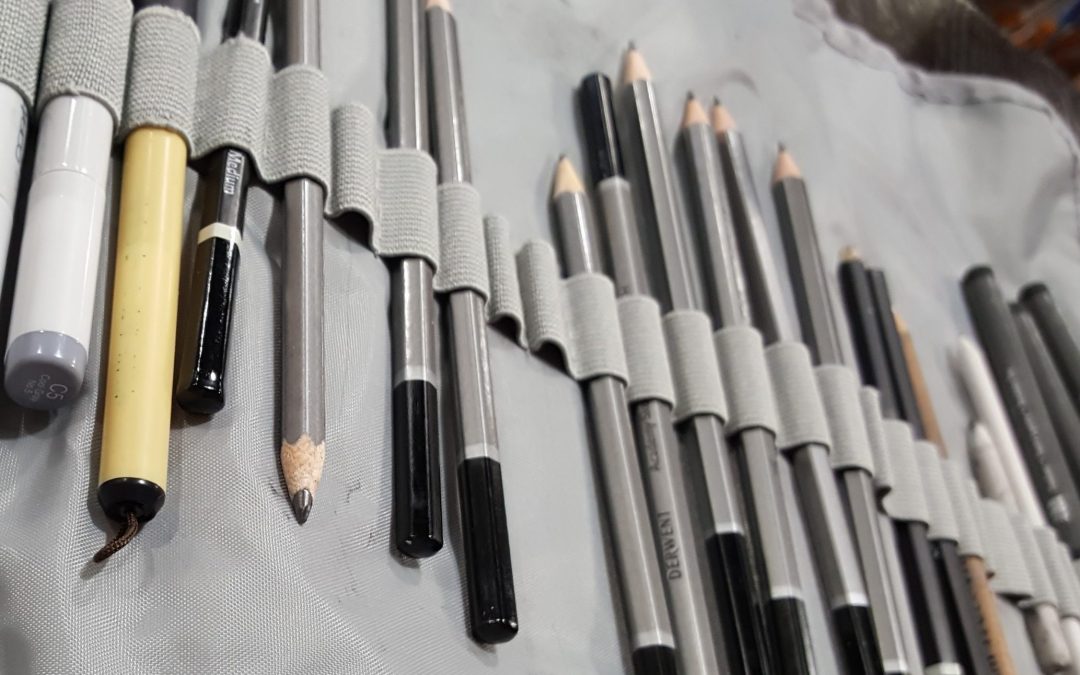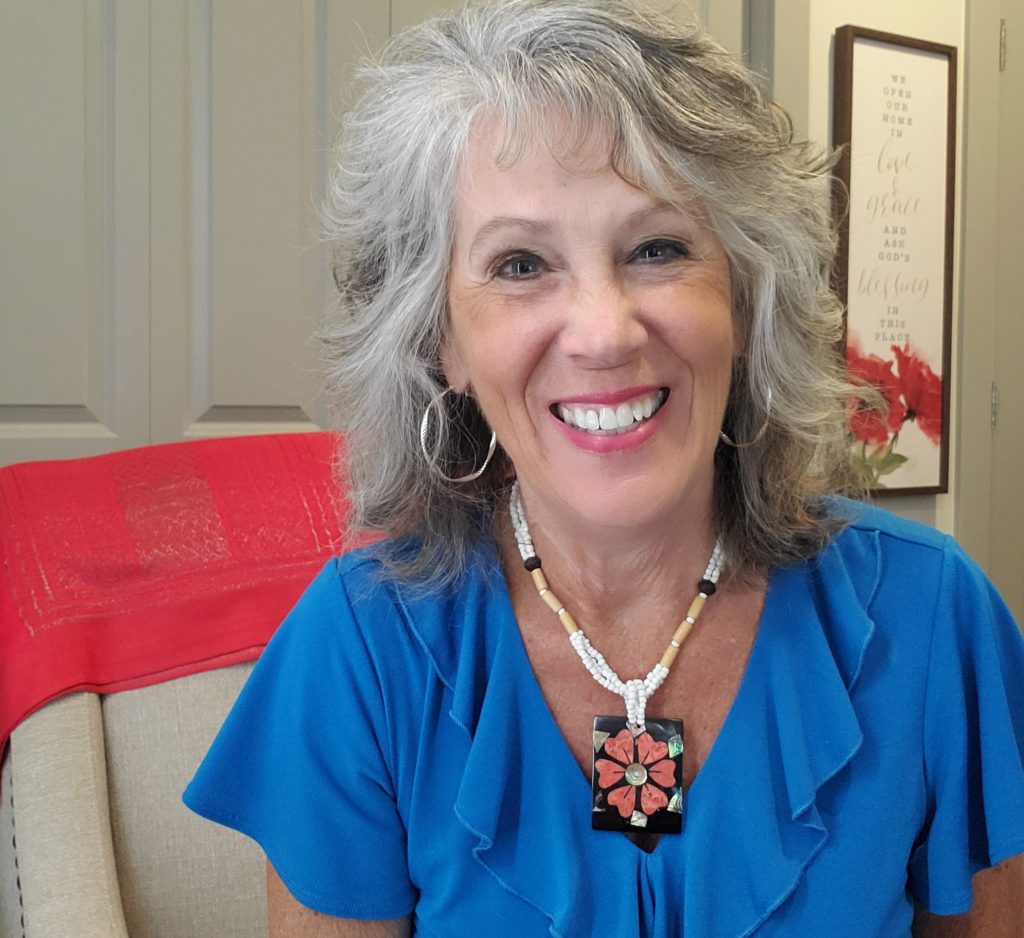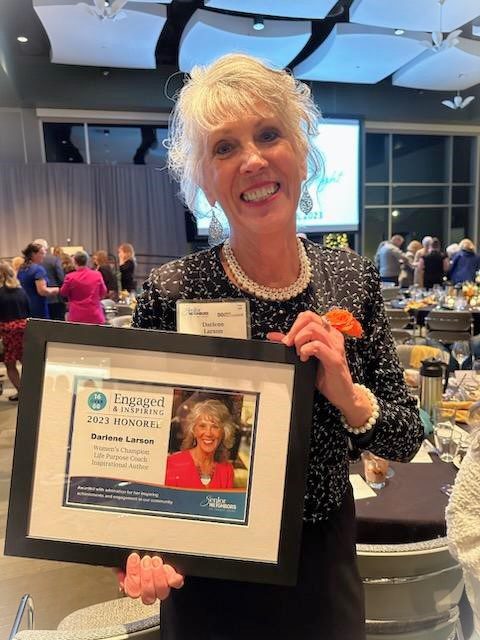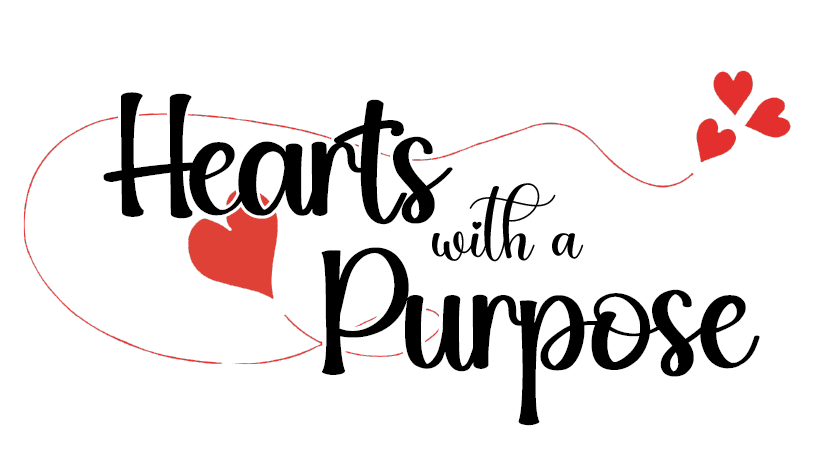The Hidden Message Of Mom’s Ink Cartridge Pen
My mother had little free time, but when she did, there was a special pen that graced her hands—her blue fountain pen. The tip of the pen resembled the look of today’s calligraphy pens.
However, being a farmer’s wife equaled a 24/7 job. Plus she had a servant’s heart and was on the go from early morning to the completion of our evening meal and the kitchen cleaned up. As a mother of five with a heart of gold, she often said aloud, I love being at home with you all.
She served from the bounties of farm life, gathering daily eggs from 20,000 chickens and their two-story house. She whipped up mouthwatering home cooked meals, like Swiss steak and mashed potatoes and baked her famous homemade cinnamon rolls made from leftover mashed potatoes. Like the GPS of farm work, Mom knew which field my father worked at while juggling her five children’s appointments and school activities. She made it look easy. And whenever a death occurred in the neighborhood, a funeral dinner needed dropping off at church, or a neighbor fell ill she would whip up a delicious dish to drop off.
The Hidden Message Of Mom’s Ink Cartridge Pen
When the hustling and bustling of farm life settled for the day, my mom stopped. She then picked up her fancy blue fountain pen, which held a skinny ink cylinder. And when the delicate tip of the pen kissed paper, the ink flowed beautifully in blue waves as my mom slowly etched meticulous words across the lined paper or in her diary. Often she wrote notes in a get well card, a sympathy card, or a “miss you” note.
My mom made the art of writing look lovely and inviting. Often recipients thanked and complimented her. “Donna, you have such beautiful hand writing.” And that pen, let me tell you—no one touched her pen. We considered it a high calling and privilege to be sent to the store to first find and then buy blue ink cartridges for her to continue on with her writing.
Her intentional time to stop and write cast a vision to me of the importance of communication through the written word. Plus the love she had for writing daily in her diary, leaving historical records of what took place in the family and on the farm.
Years later, Mom read aloud to whomever was at home the news that occurred either the last year or five years earlier from her precious diaries. She was our family historian with her own words penning her story. Her actions showed me that writing was a positive craft, as valuable as knitting, crocheting, and sewing were to others.
I followed my mom’s example and began writing by the age of nine, in my own little diary. However, I chose to lock my words up and hide the key to my pink diary so my siblings would not find and read my private thoughts. As I matured, I wrote in journals. Then in my 40s, I sensed God wanted me to unearth the buried treasure of my writing gift. Along the shores of Lake Michigan at a writer’s conference I tossed an old skeleton key into its deep waters as a symbol of surrender to use my stories for His glory.
My mom was no author or blogger yet she touched countless lives. And her invisible handprints of love are all over my life.
For this purpose also I labor, striving according to His power, which mightily works within me.
Colossians 1:29 NASB
What is one thing you can give thanks for with regards to your mom?
And if you sense you are to write and you think it’s part of your life purpose, but you don’t know where to begin. This course leads the way! Resurrect your buried craft!
I wrote this tribute and it was published in the Loom Newsletter on May 1, 2024!






Your mom sounds like she was a wonderful lady! Happy Mother’s Day, Darlene!
Thank you, Angela, she was!! And you too, have a blessed Mother’s Day!